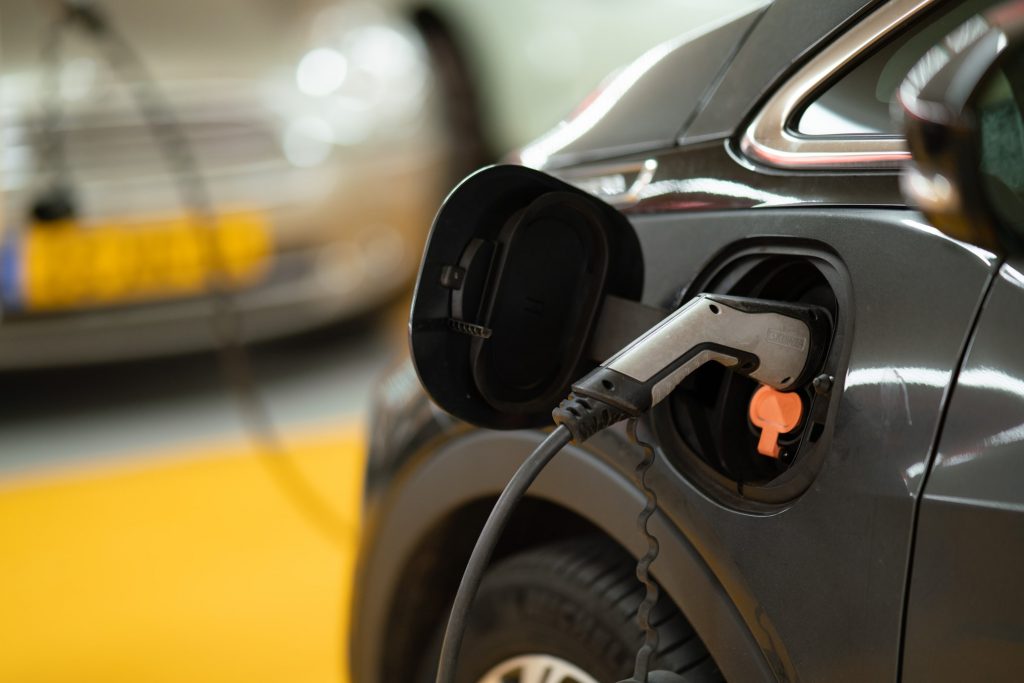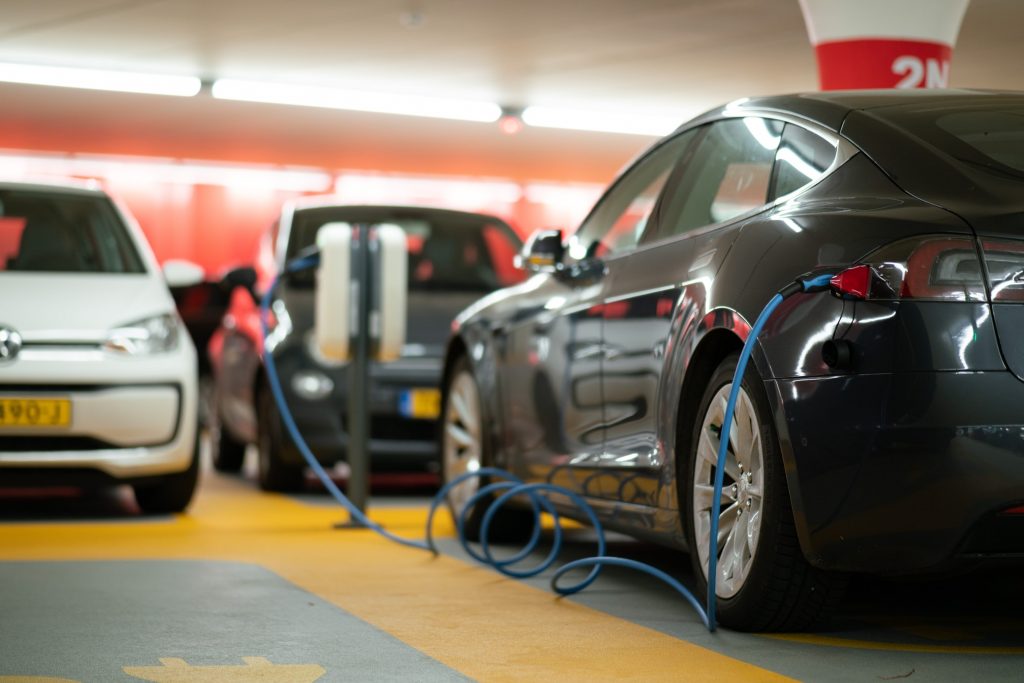There’s no denying it, electric vehicles are the future of Canadian travel, and more and more models are being added to our roads every day. With companies promising hundreds of miles on a single charge, it may seem like we’ve reached the prime of EV technology, but does it really make sense to shop for an EV of your own right now?
Here’s why you should get off the pumps and onto the grid with your very own EV. But first, what are EVs anyway?
What are EVs?

Electric Vehicles, or EVs for short, are eco-friendly substitutes for petrol-powered motor vehicles. Instead of filling your tank with Diesel or unleaded gasoline, you’ll be plugging in your car like a phone at home or at any of the many EV Charging Stations across the country.
How are EVs better for the environment?

EVs come with a wide range of benefits compared to their petrol partners. Using electrical energy, your vehicle produces zero emissions and zero toxic particles and pollutants into the environment.
According to The Intergovernmental Panel on Climate Change (IPCC), Canadians produced over 730 Mt CO2 eq in 2019, of which 21% comes from vehicles alone.
These greenhouse gases result in catastrophic failures in our climate and more sporadic events such as wildfires, blizzards, storms. If you’re feeling the dramatic rise and fall in temperatures, Greenhouse Gases are also to blame.
EVs use battery power to provide the energy needed to move around the city and turn your radio up when your favourite song comes on, Petrol vehicles require an often inefficient and combustible engine to go from point to point. If every vehicle on the road was an Electric Vehicle, this 21% would be replaced with clean, green, and pure energy.
More than emissions
When comparing EVs to their petrol counterparts, we can’t forget the impact the manufacturing process has on the environment.
Making a vehicle is a complicated, energy-consuming process that doesn’t get any easier by switching to electricity. Manufacturers are tackling their carbon footprint from the business end by using more renewable energy sources during assembly and production. This includes solar panels, hydroelectric power, wind energy, and other zero-emission sources.
Environmentally friendly materials such as vegan leather are also more common and just as strong as regular hide. Electric vehicles also have fewer moving parts, which means fewer parts need to be produced, resulting in less energy from static sources. A win-win if you ask us!
In Summary: Electric vs. Gasoline
| ELECTRIC | GASOLINE |
| Zero Emissions & no particles while in use | Releases carbon monoxide, hydrocarbons, nitrogen oxides, particles, volatile organic compounds, and sulphur dioxide |
| Can be charged from renewable sources | No renewable substitute for fossil fuels |
| Less moving parts, more reliability | More points of failure |
| Low lifetime emissions | High lifetime emissions from the constant burning of fuel |
| Instant power, very efficient | Burns more energy to get going |
Conclusion
Every day it gets easier and easier to make the switch to an Electric Vehicle, and the environment will thank you for it. Canadian companies like Charger Quest deploy thousands of plug-in stations across the country for your convenience, while provinces are incentivizing customers with contributions toward an electric vehicle purchase.
Make the switch to electric today!

